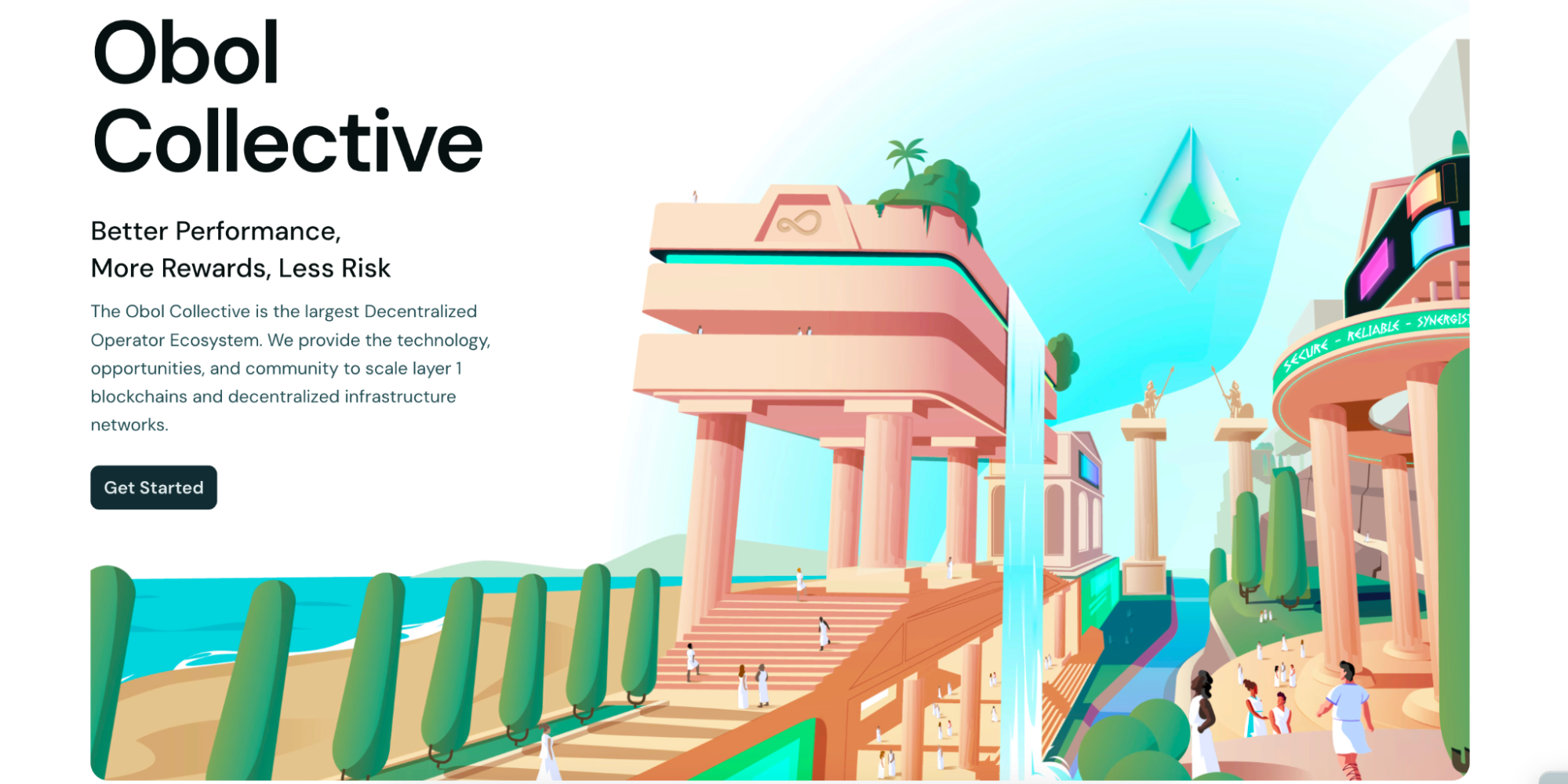Obol Network: Distributed Validator Technology Empowering Ethereum Staking
Project Origin and Team Background

Obol Network was founded in 2021, during the transition of Ethereum from PoW to PoS. The team consists of senior experts from the blockchain field, including those from ConsenSys, with core members possessing extensive technical and industry experience. Obol Network focuses on Distributed Validator Technology (DVT) as its core technology, aiming to address issues such as high barriers to traditional staking, single points of failure, and insufficient decentralization.
Technical Innovation: Distributed Validator (DVT)
DVT allows Ethereum validator nodes to be distributed across multiple machines and stores private keys segmented across different nodes, reducing the risk of single node failure. The Charon middleware coordinates consensus and signature among nodes, ensuring that even if some nodes fail, the validation process can continue. This mechanism significantly enhances network security and availability while lowering the participation threshold for users.
Application Scenarios and Ecological Cooperation
The technology of Obol Network has shown potential in various fields such as Ethereum staking, DeFi, NFTs, and cross-chain communication. Collaboration with mainstream staking protocols like Lido proves that DVT can effectively enhance the security of liquid staking. DVT also contributes to the security and efficiency improvements in scenarios like DeFi lending and NFT trading.
Market Positioning and Competitive Advantage
Obol Network is precisely positioned as a promoter of Ethereum stake security and decentralization. Compared to competitors like Lido and Rocket Pool, Obol emphasizes distributed private key management and high fault tolerance, reducing centralization risks and enhancing user participation. Its diverse collaboration strategy and active community governance further strengthen its market position.
Future Development and Technology Outlook
As the Ethereum ecosystem continues to grow, Obol Network will continuously optimize DVT technology to enhance performance and compatibility, while expanding more application scenarios. It is expected to become an important pillar of Ethereum staking and decentralized infrastructure in the future, promoting the healthy development of the blockchain ecosystem.